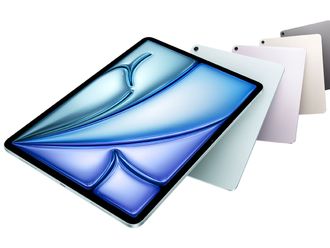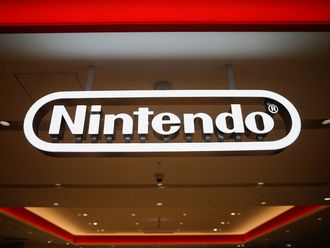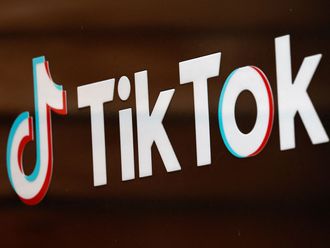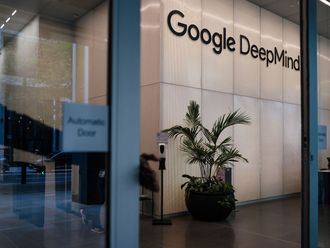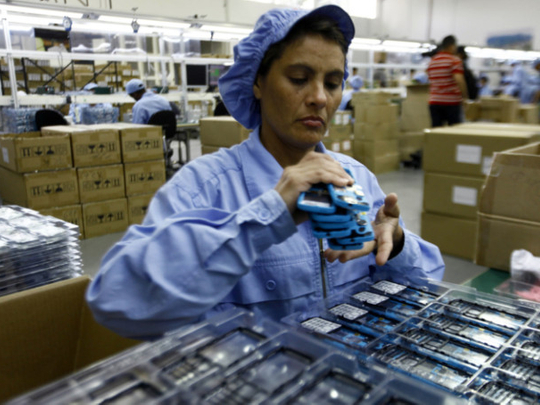
Enhanced user experiences and improved connectivity will advance the growth of smart devices sales to double the present volumes by 2016, say industry insiders.
Global shipments of internet-connected products, a category that includes web-enabled mobile computers, devices such as smartphones and tablets, as well as consumer electronics products such as game consoles and smart TVs, are expected to rise to 2.4 billion units in 2016, up from 1.2 billion in 2012, according to market research firm IHS iSuppli. Shipments will expand 26 per cent this year to 1.5 billion units.
Annette Zimmermann, Principal Analyst, Gartner Research, highlights the broader trends affecting this market. “It is the user experience and ecosystem around the hardware that will draw people to adopt more smart devices. If we think of smartphones and tablets alone, then we can say that local content, or apps, and the experience will get people to adopt smart devices,” she tells GN Focus.
Zimmerman says 39.7 million smartphones were sold in the Middle East and Africa last year, and 676 million globally. Only about 116 million tablets were sold worldwide.
“The mobile device market in the region is changing rapidly,” says Hayssam Yassine, Head, Telecommunications Group, Samsung Gulf Electronics. “We are quickly approaching a time when the majority of people on the planet will be connected using smartphones.”
He cites a recent Google survey in which the UAE ranked the highest in the world in terms of smartphone penetration, with 62 per cent of consumers owning smartphones — growth of 18 per cent.
According to Gartner, smartphones could grow in the Middle East and Africa to 65 million units this year and will continue to grow in all markets. “This is driven by lower cost Android devices from Chinese vendors who are making stronger inroads in international markets. Prices are now falling below $70 (Dh257). Globally, we are expecting to hit or come close to the one billion mark,” says Zimmerman. “Tablets are expected to roughly double to around 200 million units globally by the end of the year.”
Tablets are also expected to outnumber PC shipments next year, becoming a viable alternative to the classic PC or notebook due to rapidly falling prices. “In mature markets, there is a strong trend of multiple device ownership. In emerging markets, however, we believe the first computing device users buy need not be a classic PC any longer, but can be a tablet,” she says.
Sales at Eurostar Group are consistent with that observation. Yousuf Saidi, Group Chief Operating Officer, tells GN Focus: “Smart devices have shown significant growth in the region.
“The outlook remains strong, with consumer confidence and resulting spends on the rise. This has resulted in demand for smart devices increasing, especially with brands introducing more affordable and accessible ranges.”
Saidi underlines the gap in the market for mid range products. He says as the market evolves, companies such as Eurostar will seek to understand local and regional requirements and develop thematic devices accordingly.
Expanding the focus area to cover the not-too-distant Internet of Things and smart home products, Zimmerman feels the services and ecosystem need to evolve. “The hardware technology is already there, although prices need to come down. But there are currently not enough and compelling services in the market that would draw people to adopt more smart TVs or other things. A lot of content providers need to come together to make a good and rich offering, and that is the hardest part.”


